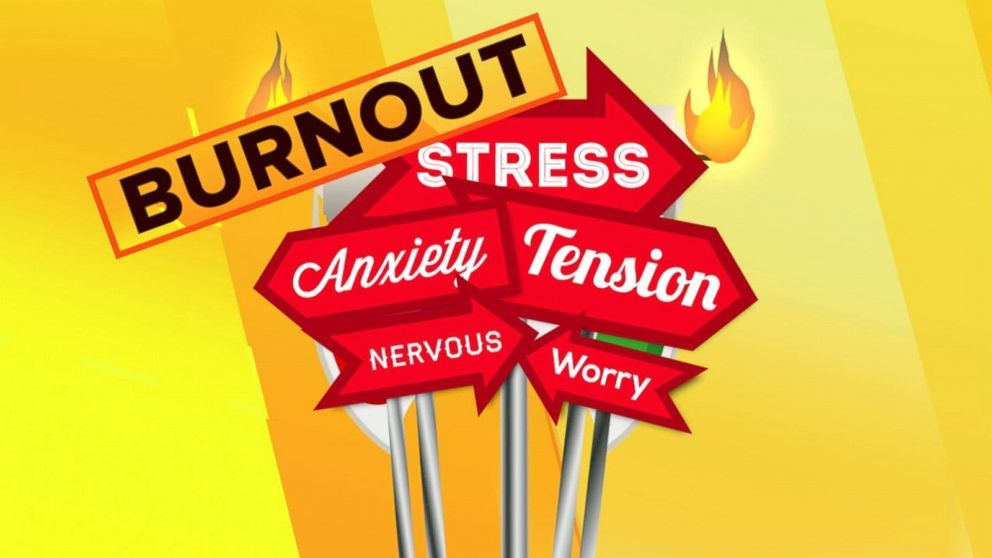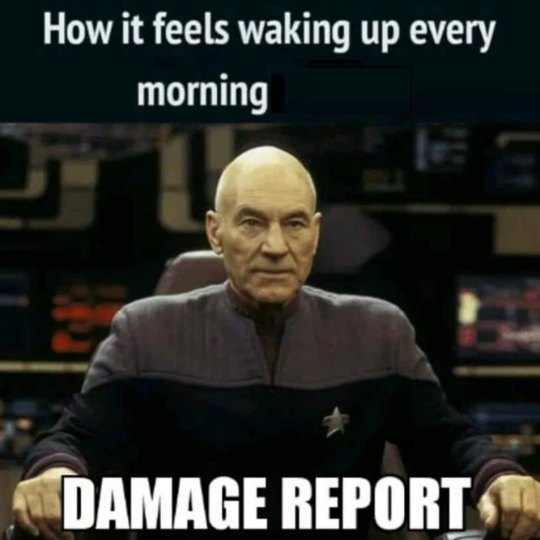
Bloomberg Businessweek Arianne Cohen
- Exhaustion—Energy depletion that leaves you struggling to engage even in basic tasks.
- Detachment—Mental distancing from your job, and cynicism about its importance.
- Inefficacy—Loss of productivity and satisfaction.
Burnout is an affliction of affluence, in that it happens mostly to middle- and upper-class workers with the freedom to hit pause. “People in the midst of crises typically do whatever needs to be done,” Voight says, “and later, from a more comfortable place, [they] start to reflect and say, ‘This is insane, and I can’t do it anymore.’ ” The goal is to stave off the insanity.
Attempting to replicate the quality and quantity of work you do in an office also renders you susceptible. “If you think that you can achieve the same in a home working environment, you will be stressed every day until you accept that you cannot,” says Rajvinder Samra, a burnout specialist and lecturer at Open University outside London.
- Brain breaks. Pepper 5- to 20-minute sessions dedicated to activities that aren’t work, household chores, or caregiving throughout the day. These might be for exercise, meditation, reading, or cooking (as long as that doesn’t feel like a chore).
- Recovery blocks. Spend 30 minutes or more on calming activities; these are longer versions of your brain breaks. Make sure to do one at the end of the day, after you’ve logged off. “Recovery at night helps your performance the next day,” Samra says.
Regain control. List the stressors you don’t have power over and adjust or talk to your boss. For example, if you’re stressed by your children interrupting meetings with your manager, try making peace with this new normal or feeling out if your boss minds.
- This is the moment to get it done. This is not the moment to be perfect.
- This is a challenging situation that’s rooted in factors I can’t control.
- Identify the work you hate. Samra says to delegate, share, get support, reschedule.
- Identify the work you love. What is most meaningful, enjoyable, and rewarding to you? Do more of that.
- Job-craft. In the long term, find work that maximizes the aspects you love. For instance, tell your bosses and co-workers that you want to be the go-to mentor for new employees.
More Stories from Pocket
Want to Reduce Brain Fog And Improve Clear Thinking? Give up These Things Immediately Thomas Oppong
📷What Happens to Your Brain When You Stop Drinking Alcohol?
📷The Nine Habits to Increase Your Energy Scott Young
📷Why You Should Work Less and Spend More Time on Hobbies
📷Here’s How Highly Successful People Make Little Choices Different From the Rest of Us
More from Bloomberg Businessweek
- Coronavirus Lingers in Air of Crowded Spaces, New Study Finds
- Chinese Soup Ingredients May Hold Key to Fighting Dementia
What is a burnout?
The World Health Organization defines a “burnout” as:
Burn-out is a syndrome conceptualized as resulting from chronic workplace stress that has not been successfully managed. It is characterized by three dimensions: 1) feelings of energy depletion or exhaustion; 2) increased mental distance from one’s job, or feelings of negativism or cynicism related to one’s job; and 3) reduced professional efficacy. Burn-out refers specifically to phenomena in the occupational context and should not be applied to describe experiences in other areas of life.
And I thought I was just having a bad day.
So what does this mean?
In the coding community specifically it is common to be overworked and unfortunately this leads to a burnout. Coding is a creative process and when the feeling of “being in the flow” comes along it maybe difficult to break that chain of productivity. Finally, when that flow is disrupted people become overwhelmed with feelings of: separation, irritation, and over all discomfort. Almost like the work is all the brain can think about.
How can we fix this?
The solution is simple.
JUST TAKE A BREAK.
Try not to overthink this too much. The concept is easy. Feeling stressed? Take a break. Stuck for too long? Take a break. Don’t know what to do? Take a break. The work most likely isn’t going anywhere anytime soon so just walking away for 5–10 min will feel good. This leads to higher levels of productivity and most importantly higher chances of not burning out.
Try it out.
Next time you find yourself feeling overwhelmed by a certain line of code, work, or any project. Just step away for moment you’ll probably have the answer when you come back and be ready to tackle the problem with fresh eyes.
Why is this important?
The World Health Organization officially recognized “burn-out” May 28, 2019. It’s real, it can happen happen to anyone, and if you can’t work on the idea of not working be prepared to burn out.


No comments:
Post a Comment